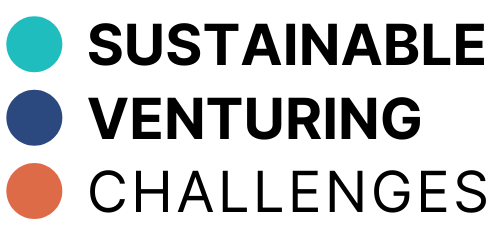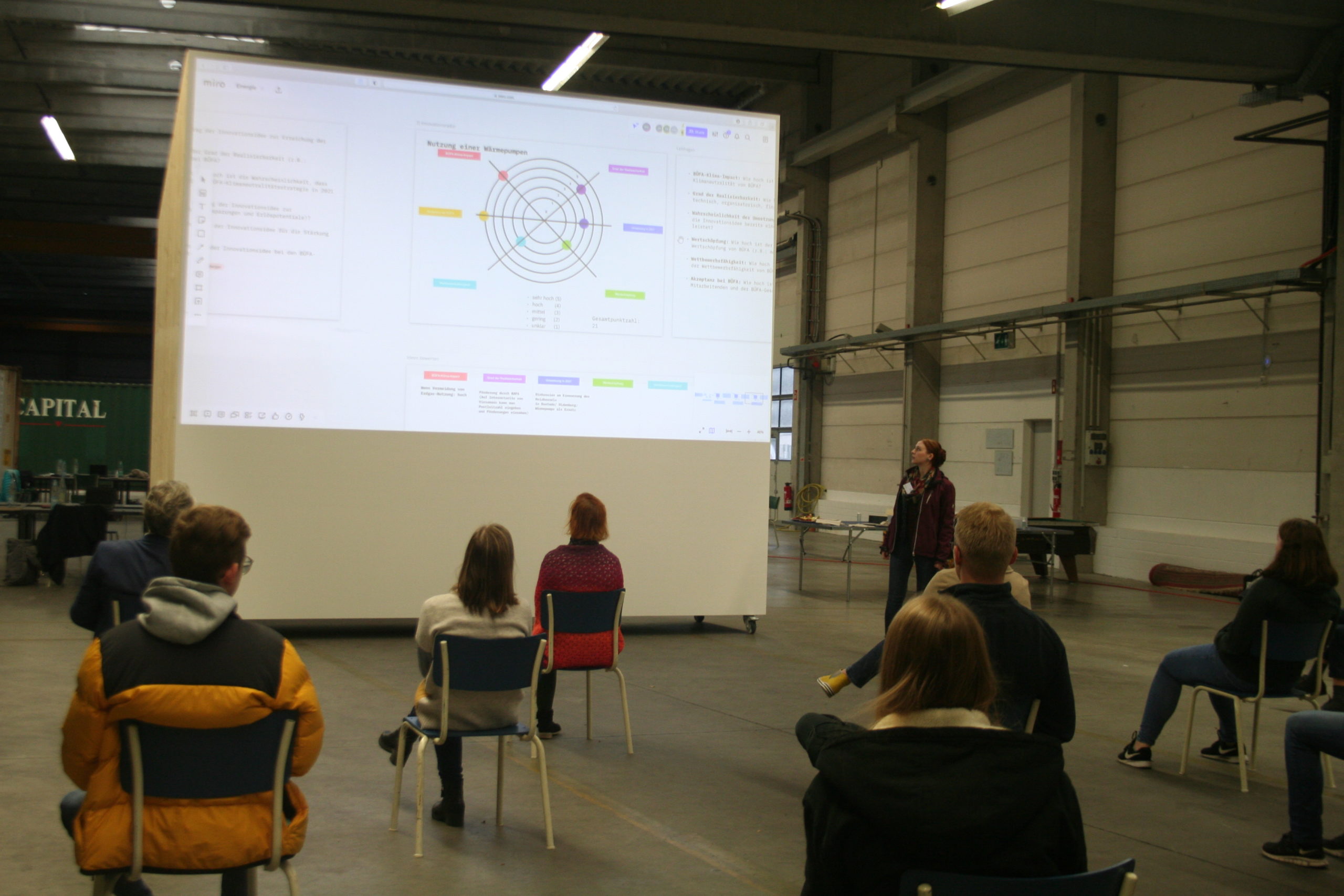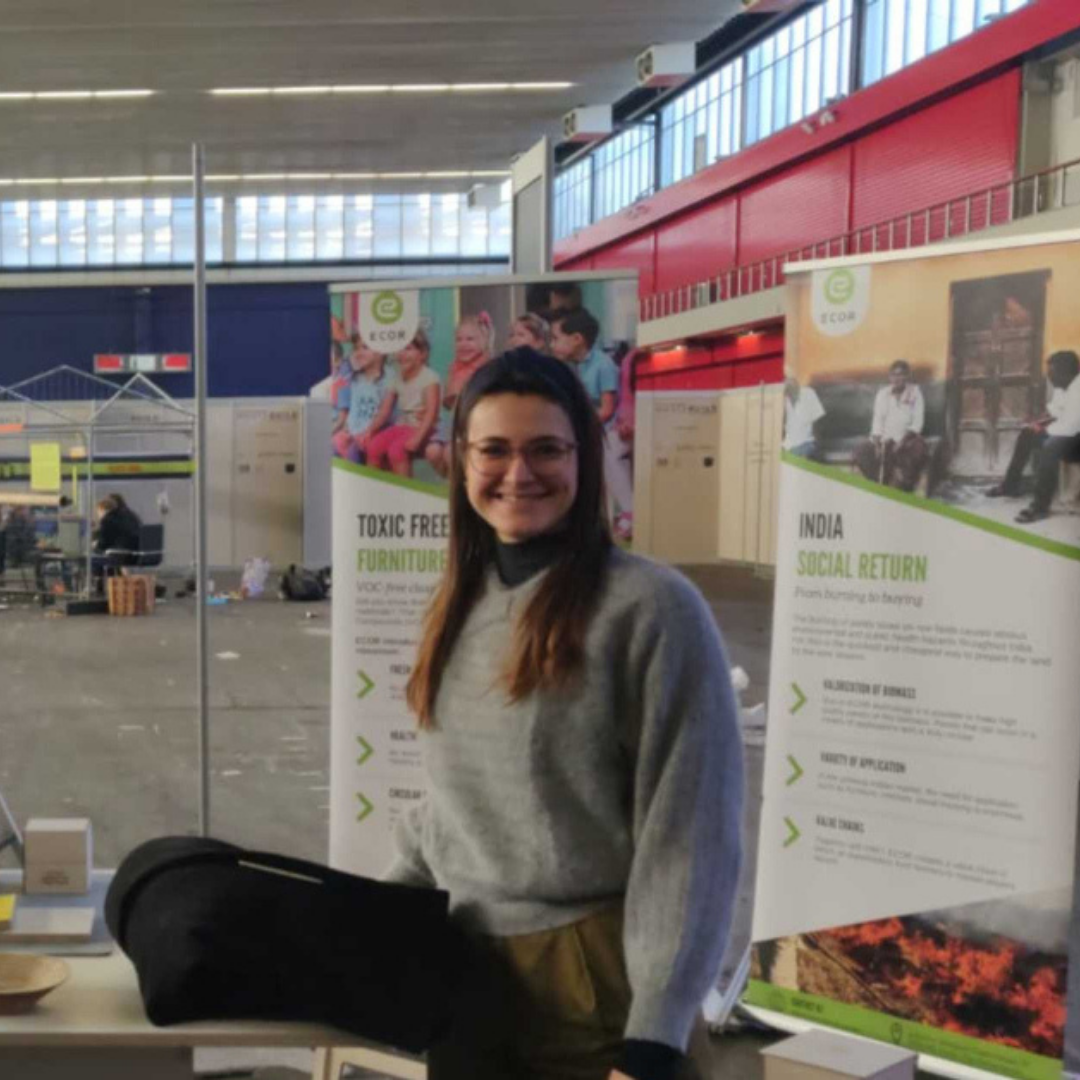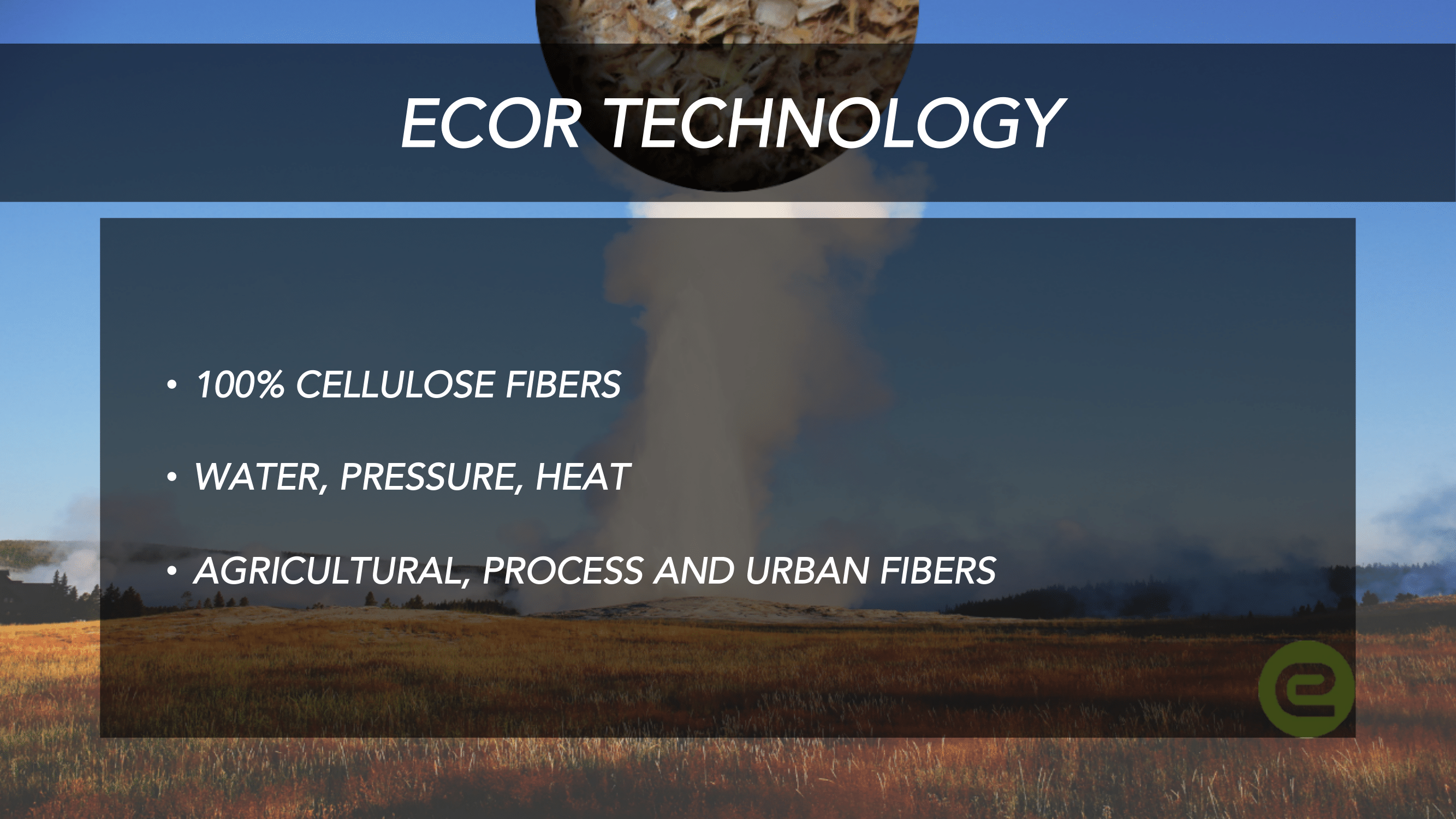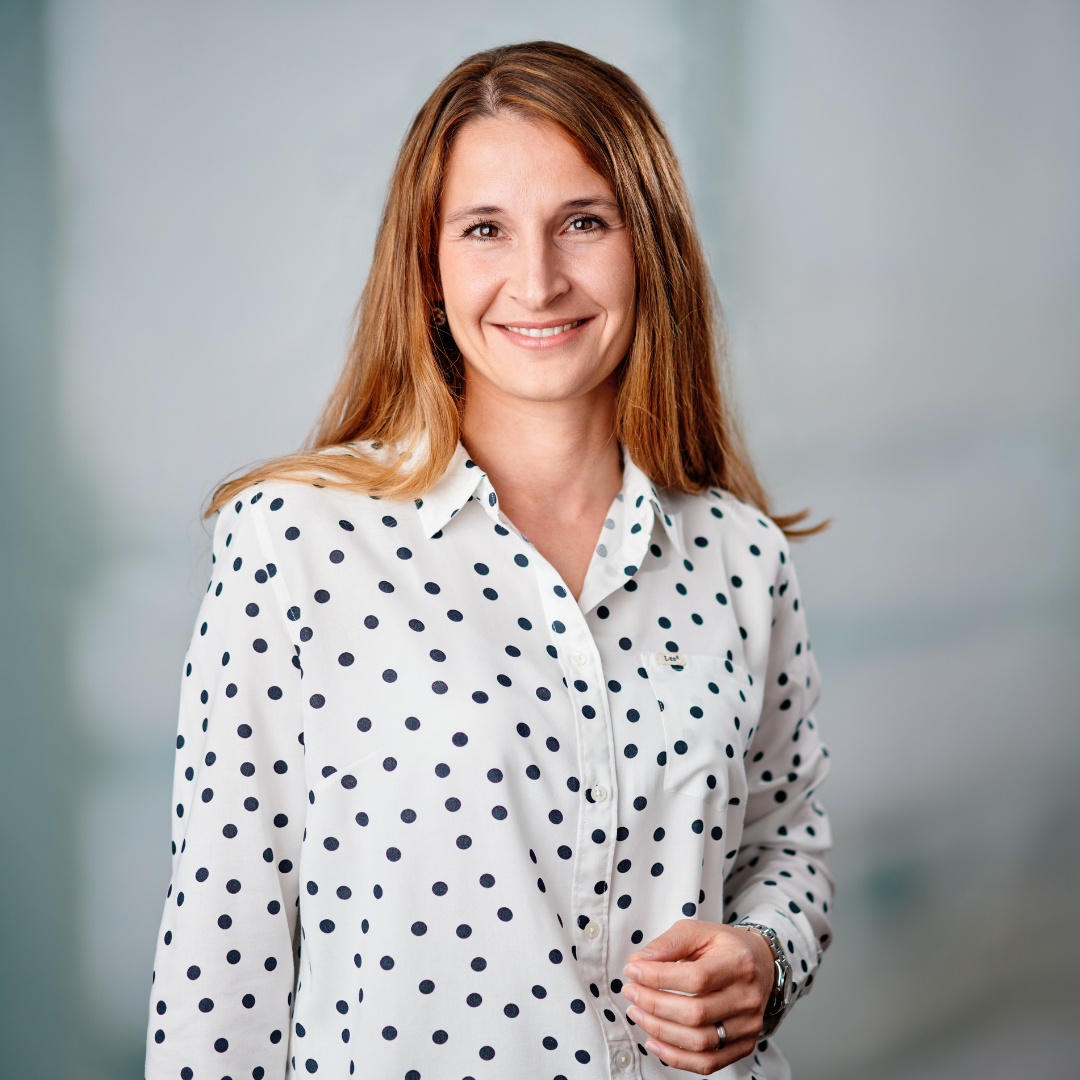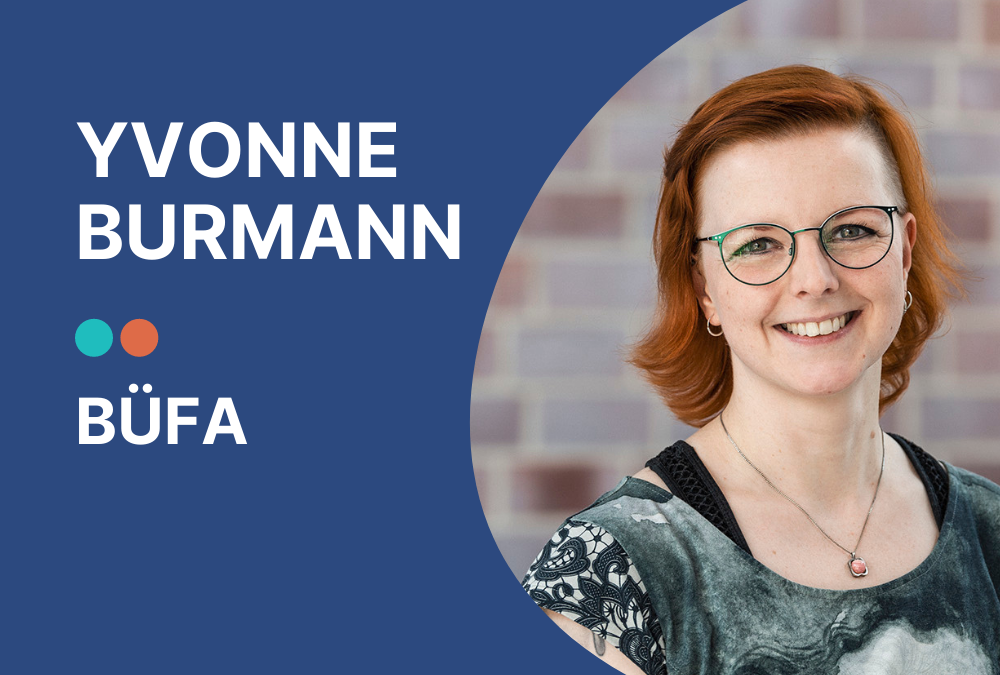
by Alexandra Widrat | Feb 25, 2022
Yvonne Burmann is Business Development Officer at BÜFA GmbH & Co. KG, Germany, a company active internationally in the business areas of chemicals, cleaning and composites. BÜFA has been a lead business partner in the ScaleUp4Sustainability project, which developed and carried out innovative challenge-based learning formats in green venturing. We spoke to Yvonne Burmann about her company’s motivation to participate in the project as a challenge provider and her personal experience in her role as company representative.
Why did your company decide to collaborate with a university in a sustainable venturing challenge?
Yvonne Burmann: For us at BÜFA, it is always important to get impulses and insights from different perspectives regarding sustainability. In cooperation with a university, you get in touch with highly motivated students that have interesting ideas and are really into sustainable lifestyles. They ask challenging questions that make you think in a different way about things and provide you with new perspectives.
Which ideas and solutions did the student teams develop and what stood out to you in particular?
Yvonne Burmann: In the frame of our cooperation, we worked a lot on the topic of CO2-emissions and how our company can reduce them. There were many great ideas – from implementing a pub quiz for sustainability to veggie days in the canteen. We also looked at the challenge of integrating renewable energy sources at our facilities and in our processes, as well as making the logistics process more sustainable. We were amazed by the different solutions the students came up with, but what stood out most was the motivation and the intensity with which the students worked on the topics.
Yvonne Burmann (front row) listens to a student presenting their team work at the Green Business Idea Jam – a one day ideation workshop leading on to the ‘Climate Challenge’. © University of Oldenburg
Have you implemented any of the solutions developed by the students, and if so, how?
Yvonne Burmann: One team of students developed the idea of providing training in efficient driving for our truck drivers. As we see great potential for impact in this idea, we are planning to implement it in 2022. Regarding compensation of the greenhouse gas emissions we cannot avoid or reduce, we have selected some of the solutions the students developed for implementation.
What exactly was your role during the challenge?
Yvonne Burmann: I mainly acted as coordinator inside the company. I was the point of contact for the university when there were new projects and together, we decided on suitable topics and made respective preparations. After the kick-off, I prepared the challenges and found partners inside the company willing to support the students with the needed information and advice.
What expertise and insights have the students and academic staff brought to your company and how has this benefitted your development and innovation processes?
Yvonne Burmann: There were a lot of critical questions like “Why are you doing it this way?”, “Why don’t you do it like that?”, “What is the reason you don’t do things differently?” That makes you think about certain processes and work flows in a different way. “Because we always did it this way” is not a good enough answer, so you really have to think about it deeply and sometimes come to the conclusion that “There is no reason, so let’s just change it.”
“Regular communication is very important. It is also crucial to make clear at the very beginning of a challenge project what the circumstances are and what both sides can expect as an outcome.” – Yvonne Burmann
In your view, how to best ensure that university-industry collaboration is successful?
Yvonne Burmann: Regular communication is very important. It is also crucial to make clear at the very beginning of a challenge project what the circumstances are and what both sides can expect as an outcome. As a company, to prepare challenges and participate in these kinds of projects can sometimes be time-consuming and requires quite some resources. So, good preparation on both sides helps to keep realistic expectations and gives both sides all the information they need to properly work on the project.
Would you recommend other companies to collaborate with universities in challenge-based learning formats as a corporate partner, and if so, why?
Yvonne Burmann: Yes, I would recommend it. You receive new perspectives and get the chance to have someone very motivated work on topics that might not fit in the daily company business, but are important nevertheless. You also get the opportunity to work with the next generation and be up to date with the latest academic findings and insights on a range of different topics such as sustainability, all whilst supporting students in gathering essential industry experience. It might also help you find and connect with motivated students who are interested in writing their bachelor or master thesis in your company or who might even choose you as their future employer.
powered by ScaleUp4Sustainability
Carl von Ossietzky University of Oldenburg
Department of Business Administration, Economics and Law
Adj. Prof. Innovation Management and Sustainability
Ammerländer Heerstr. 114-118, 26129 Oldenburg, Germany
Legal notice and data protection
The platform was created as part of the ScaleUp4Sustainability project. ScaleUp4Sustainability (Project Reference: 601150-EPP-1-2018-1-DE-EPPKA2-KA) is funded by the Erasmus+/Knowledge Alliance Programme of the European Union.
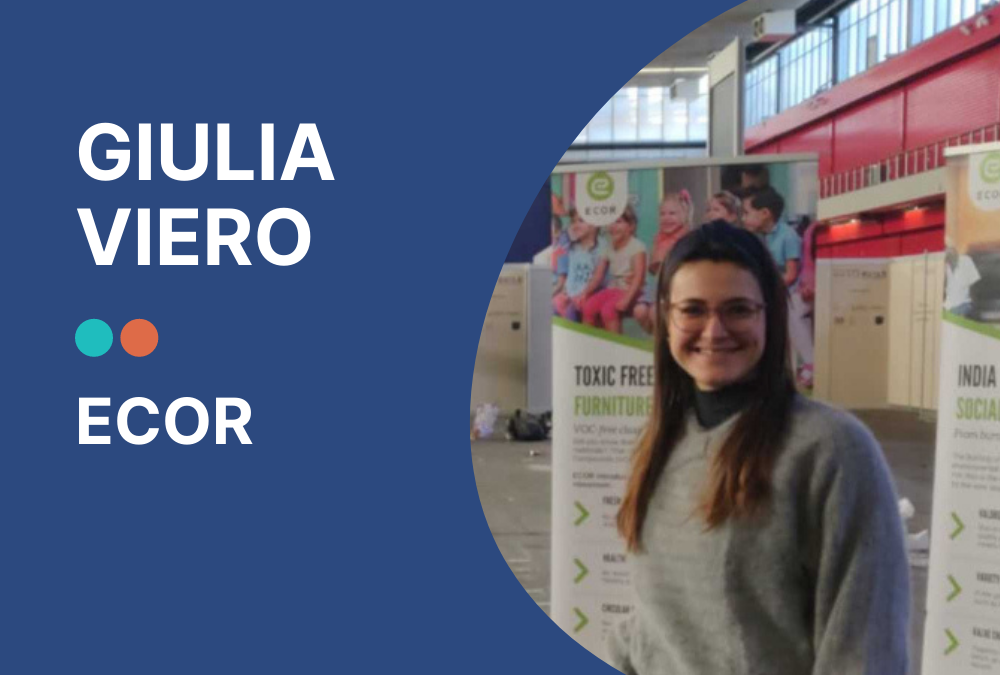
by Alexandra Widrat | Feb 25, 2022
Giulia Viero is a Business Process and Data Analyst at ECOR, a global company that develops high-value recycling technologies and manufactures the ECOR® product line of advanced green building materials. The development of ECOR® Technology started in the United States (2007), upcycling fibers from agricultural, industrial, or urban production and consumption cycles into healthy and circular panels for various (furniture) applications. With ECOR®’s Technology Readiness Level 9, and a flexible model for collaboration, ECOR® is agile to scale a number of factories through sustainable growth. With their learnings and experience, ECOR enthusiastically participated in the S4S programme as a lead business partner. We spoke to Giulia Viero about her company’s motivation to participate as a challenge provider and her personal experience in her role as company representative.
Why did your company decide to collaborate with a university in a sustainable venturing challenge?
Giulia Viero: At the core of our choice, we reflected on: at which level is the added value created? Our ambition was and still remains to integrate fresh ideas of youth, students and entrepreneurs with the know-how and experience of experts, in order to facilitate the process of (material) innovation, when combined with circularity and the route to market. This is essential for upscaling replicable solutions that advocate for the right production and consumption choices.
Which ideas and solutions did the student teams develop and what stood out to you in particular?
Giulia Viero: If I were to mention one thing that stood out, it would be realisation of the potential of the circular business case we’re pursuing, and the great interest of entrepreneurship-driven, highly motivated and talented students in joining us. They have different backgrounds: from architecture and design (playing, experimenting, creating prototypes from healthy, clean, transparent, simple materials like ECOR) to business administration (raising awareness on the need for integrating circular reporting into annual accounting and reports).
ECOR technology, as presented by Giulia Viero to students during the S4S International Circular Challenge © ECOR
What exactly was your role during the challenge?
Giulia Viero: I interacted wearing different ‘hats’: from company representative, to coach and mentor for students.
What expertise and insights have the students and academic staff brought to your company and how has this benefitted your development and innovation processes?
Giulia Viero: It was wonderful to witness students evaluating our activities along a spectrum of processes and services. There is no binary answer to how we can advance and replicate our approach: some students focused on the perspective of growth, others took an investor perspective, or more of a research and development (R&D) approach. All of them have exposed different challenges, and found solutions to these.
“How do we scale up? That is a question that requires an ecosystem of partners from academia and business at the local level, which have certain societal needs to address, know what they want and are eager to connect with technologies and people who have the right skills and can contribute to tackle a specific challenge.” – Giulia Viero
In your view, how to best ensure that university-industry collaboration is successful?
Giulia Viero: A starting point would be to formalise the outcomes of the three years S4S programmes: many activities have been done, and the results are astonishing. Truly, the programmes have collected a wide spectrum of learnings. Right now, it is compelling to dedicate ourselves to reporting, consolidating findings into playbooks, handbooks and guidelines. How do we scale up? That is a question that requires an ecosystem of partners from academia and business at the local level, which have certain societal needs to address, know what they want and are eager to connect with technologies and people who have the right skills and can contribute to tackle a specific challenge. It is about collaboration, cooperation and sharing responsibility, but also about curiosity and persistency, understanding the local context, and developing and capturing knowledge that can be replicated (cross-pollination).
Would you recommend other companies to collaborate with universities in challenge-based learning formats as a corporate partner, and if so, why?
Giulia Viero: Circular challenges, workshops and student-business activities should become replicable experiences and should be integrated into a continuous improvement process, where learnings are shared during collaboration and cooperation among students, academia, businesses, and relevant stakeholders. The extensive network of partners and the valuable lessons learnt are a great incentive to get involved, thus to all (potential) partners we say: do join us in our next steps!
powered by ScaleUp4Sustainability
Carl von Ossietzky University of Oldenburg
Department of Business Administration, Economics and Law
Adj. Prof. Innovation Management and Sustainability
Ammerländer Heerstr. 114-118, 26129 Oldenburg, Germany
Legal notice and data protection
The platform was created as part of the ScaleUp4Sustainability project. ScaleUp4Sustainability (Project Reference: 601150-EPP-1-2018-1-DE-EPPKA2-KA) is funded by the Erasmus+/Knowledge Alliance Programme of the European Union.
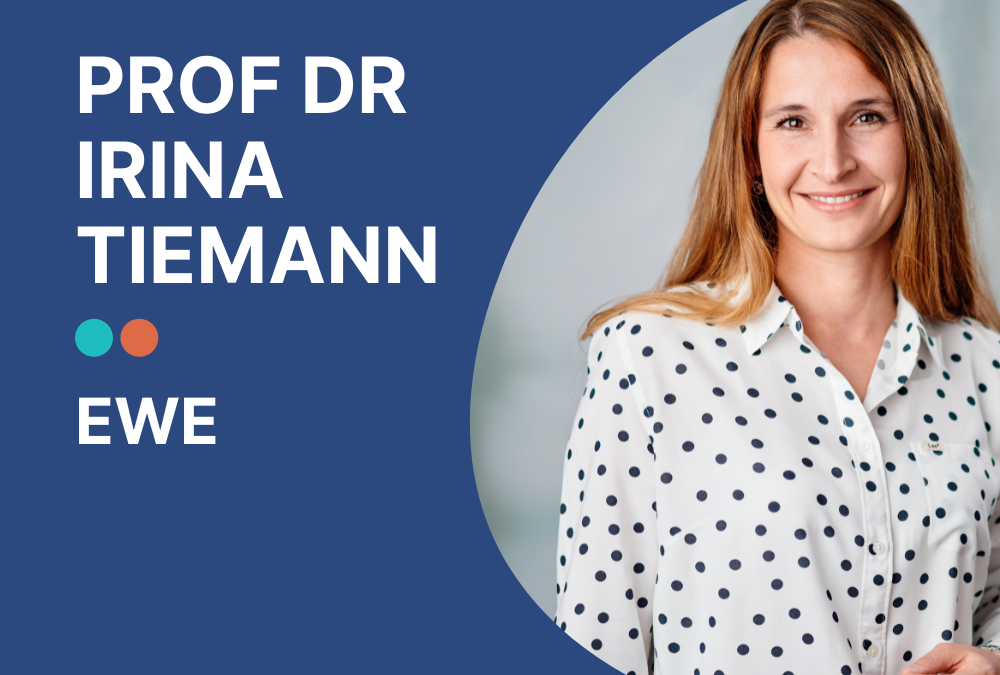
by Alexandra Widrat | Feb 21, 2022
Prof Dr Irina Tiemann is a Senior Business Analyst at EWE. As one of the largest utility companies in Germany, EWE is active in the business areas of energy, telecommunications and information technology. One of EWE’s objectives on the energy market is to make innovation a part of everyday life. In order to develop its capabilities on this path, EWE is the lead business partner of the innovative, challenge-based module “Digital Transformation: Strategies and Sustainability”. In this module, the company co-develops sustainable digital business models together with students at the University of Oldenburg. We spoke to Prof Dr Irina Tiemann about her company’s motivation to participate in the module as a challenge provider as well as her experience in her role as company representative.
Why did your company decide to collaborate with a university in a sustainable venturing challenge?
Prof Dr Irina Tiemann: EWE has a strong focus on sustainable markets and is always looking for new and creative approaches for promising business models. Thus, the thematic focus of the cooperation with the university has been an excellent fit for the strategic direction of the company. The exchange with the university and students is aimed at supporting the internal start-up teams in reviewing early-stage business ideas with lean approaches and creative ideas of the students and open new perspectives.
Which ideas and solutions did the student teams develop and what stood out to you in particular?
Prof Dr Irina Tiemann: Students developed ideas and solutions for an internal sustainability-driven start-up team, providing specific analysis based on agile methods, including interviews, panel surveys and prototyping.
A student in exchange with EWE during a workshop. © Sebastian Vollmert
Have you implemented any of the solutions developed by the students, and if so, how?
Prof Dr Irina Tiemann: Recommendations of the students were taken up directly by the internal start-up and have been considered in strategic decisions.
What exactly was your role during the challenge?
Prof Dr Irina Tiemann: I changed my roles between coordinator, coach and jury member.
What expertise and insights have the students and academic staff brought to your company and how has this benefitted your development and innovation processes?
Prof Dr Irina Tiemann: The students brought helpful insights for the validation and development of the business model of an internal start-up and new perspectives on different sustainability aspects of the business model.
“A good balance of personnel capacities, time exposure and usable results for the company must always be given.” – Prof Dr Irina Tiemann
In your view, how to best ensure that university-industry collaboration is successful?
Irina Tiemann: To ensure that business partners continue their participation, a good balance of personnel capacities, time exposure and usable results for the company must always be given. In addition, there should be a long-term thematic fit that both partners share as well as adequate space for experimentation.
Would you recommend other companies to collaborate with universities in challenge-based learning formats as a corporate partner, and if so, why?
Irina Tiemann: I would particularly recommend cooperation to companies that have a desire and need for exchange with students and would like to stand out as an interesting employer.
powered by ScaleUp4Sustainability
Carl von Ossietzky University of Oldenburg
Department of Business Administration, Economics and Law
Adj. Prof. Innovation Management and Sustainability
Ammerländer Heerstr. 114-118, 26129 Oldenburg, Germany
Legal notice and data protection
The platform was created as part of the ScaleUp4Sustainability project. ScaleUp4Sustainability (Project Reference: 601150-EPP-1-2018-1-DE-EPPKA2-KA) is funded by the Erasmus+/Knowledge Alliance Programme of the European Union.

